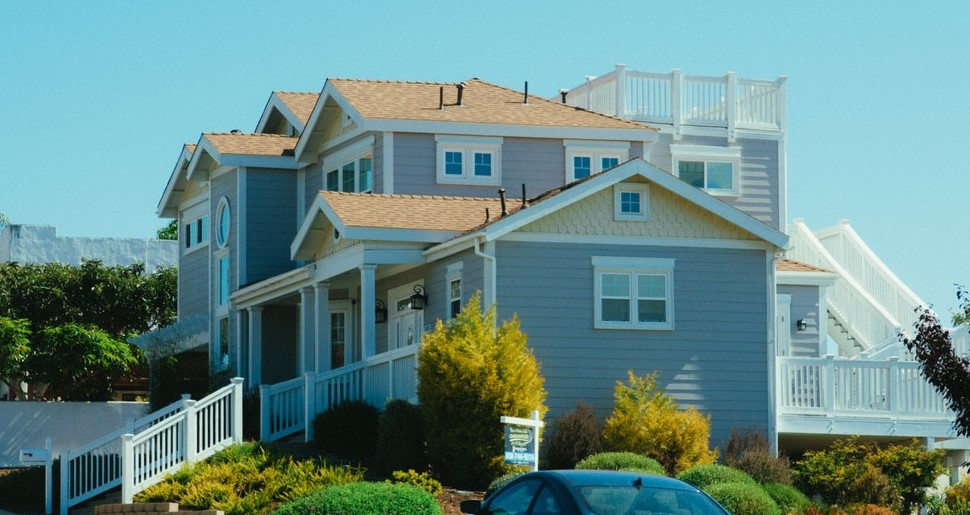About a decade ago, short-term rentals emerged. Availabilities have grown at an exceptional rate and offer numerous benefits to the community.

The positive effects of short-term rentals include economic growth, increased tourism, and increased revenue for the government through taxes, permits, and establishing business licenses.
If legally operated, many benefits shine through for the City of Denver. If owners are not following city regulations, it can be a strain for the neighbors and devastating for owners. Unfortunately, this has been the case in Denver as a surge in illegal Airbnb operations increased in Denver.
Falsification of Documents
Many property owners have engaged in the act of falsifying legal documents in order to run short-term rentals in Denver.
To date, four individuals have been charged with a felony as a result.
Now that this has happened, approximately 160 people have withdrawn their applications for a license to run short-term rentals. In 2018, nearly 100 others actually surrendered their short-term rental licenses to avoid legal issues associated with the illegal operation of short-term rentals.
What Was Falsified?
In order to run a short-term rental, property owners must sign a special affidavit that confirms that the short-term rental is also their primary place of residency.
If the property owner signed and the location was not their primary residence, they “lied” and that was considered to be falsifying documentation associated with the steps needed to acquire a license to run the short-term rental.
Why Must a Short-Term Rental be at a Primary Residence?

The City Council in Denver established this rule in the year 2016. By that time, they had received a large variety of complaints about short-term rentals.
Strange, unfamiliar people were going in and out of certain homes on a regular basis and the neighborhoods where those homes were located were experiencing disruptions.
Rules were established so that the overall integrity of all of the neighborhoods within the City of Denver was protected.
Additionally, so that short-term rentals did not result in adverse affordability to reside or visit the City of Denver.
The Complaints
According to information derived from the City of Denver, a total of 684 complaints were received between January 1st and August 13th, 2018 regarding short-term rentals.
Upon investigation, it was discovered that nearly 500 of those complaints involved the violation of the primary residency rule. The remaining related to safety issues, noise concerns, and standard licensing violations.
Due to the high number of complaints, the city had to take action in order to protect the residents.
The Denver Ordinance for Short-Term Rentals
If a property owner has a desire to list a home as a “short-term rental”, they must engage in many steps to ensure its overall legality. These currently include the following:
- Registration must be completed with the City of Denver.
- Payment must be made for a license.
- The applicant must confirm that the residence that will be used for the short-term rental is a primary residence.
Investigation and Enforcement
Once an applicant has done all of the previously mentioned, the City of Denver will review the information listed and obtained.
If – for any reason – there is a suspicion that the residence is not the primary residence of the applicant, an investigation into the issue will initiate and enforcement will be conducted if their suspicions are accurate.
From the period of March through August, 46 hearings based on these investigations were conducted. In these, short-term licenses were surrendered. Based on strict compliance enforcement – which is one of the strictest within the United States – most property owners are compliant.
Do Short-Term Rentals Negatively Impact the Housing Market?
To date, it has been shown that the short-term rental market can be highly advantageous to the housing market within a community, as long as everything is done legally.
If not done legally, it has the potential to provide negative to the housing market. When the primary residency rule is not followed, homes are simply purchasing random locations. This results in the housing supply being drastically reduced and heavy inflation of prices with the available homes on the market.
By taking the time to put in rules and enforcing those rules, it is resulting in the stability of the housing market. This balance results in many benefits to standard property owners and those that have chosen to open up their primary homes as short-term rentals.
